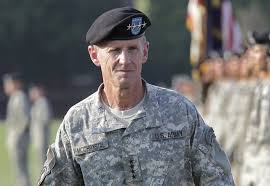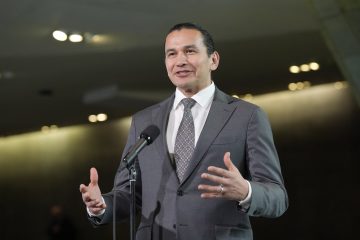The Leadership Journey of Stanley McChrystal

Introduction
Stanley McChrystal, a retired four-star general, is a significant figure in the realm of military leadership and strategy. His role as the commander of U.S. and International Forces in Afghanistan from 2009 to 2010 brought him into the global spotlight, where his innovative approaches to warfare and leadership style sparked discussions not only in military circles but also in business and politics. McChrystal’s emphasis on collaboration and adaptability remains relevant in today’s rapidly changing world.
Career Highlights
Stanley McChrystal graduated from the United States Military Academy at West Point in 1976 and quickly established a career marked by distinguished service. He served in various combat roles, playing a crucial part in operations in both Iraq and Afghanistan. His leadership during the Iraq War, especially in the hunt for terrorist leader Abu Musab al-Zarqawi, showcased his strategic acumen and earned him recognition. McChrystal introduced concepts such as ‘Team of Teams’, promoting a decentralized command structure that empowers subordinates, allows for rapid decision-making, and fosters innovation.
Challenges and Controversies
Despite his accomplishments, McChrystal faced significant challenges and controversies. A notable incident occurred in 2010 when a Rolling Stone article highlighted his controversial remarks about senior U.S. officials, which ultimately led to his resignation from military command. This moment was pivotal, shifting his focus from military operations to broader discussions about leadership in a democratic society. McChrystal later expressed regret for the incident and used it as a learning opportunity to reflect on the necessity for military leaders to navigate complex political landscapes.
Legacy and Current Ventures
After retiring from the military, McChrystal transitioned into the world of public speaking, consulting, and authorship. He has written several books, including ‘Team of Teams: New Rules of Engagement for a Complex World’, where he shares his insights on leadership and teamwork in an interconnected world. McChrystal’s thought leadership extends to addressing pressing topics like national security, leadership in the 21st century, and the importance of adaptive organizations.
Conclusion
Stanley McChrystal’s journey illustrates the evolution of military leadership in a rapidly changing world. His experiences remind us that effective leadership transcends traditional boundaries, balancing collaboration, adaptability, and accountability. As organizations—military and civilian alike—adapt to complex challenges, McChrystal’s insights continue to hold significance. His legacy encourages leaders to foster environments where innovative thinking can thrive, ultimately shaping the future of leadership in diverse fields.





